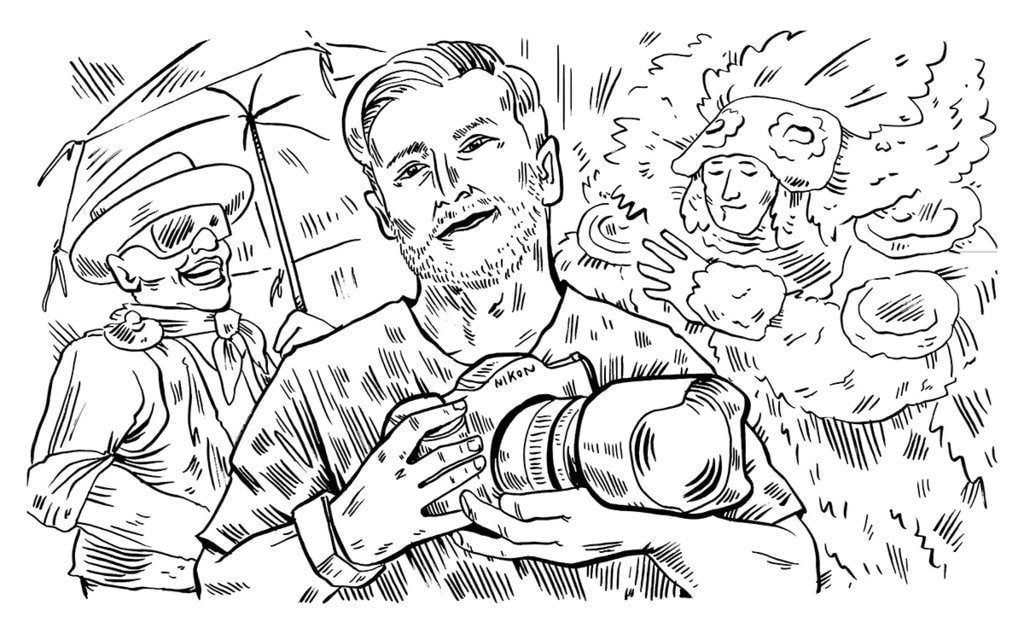
On a breezy Sunday morning in October 2006, residents of New Orleans—displaced, exhausted, wondering if they would live to see their city’s resurrection—woke to one of the most audacious acts of mass psychotherapy ever performed by an American newspaper. It took place under an unlikely byline. Chris Rose, a columnist for the dailyTimes-Picayune, was once known primarily for reporting on the bad behavior of visiting celebrities.
Hurricane Katrina changed that: it transformed Rose into a plaintive voice for a struggling city. His columns detailed the emotional toll of living amid still-flatted houses and daily reminders of the 1,500 who died in the storm’s aftermath. And then, more than a year after the breached levees plunged whole districts underwater, Rose was sharing with readers the story of his own descent. Rose’s column was promoted on page one and dominated the paper’s Living section:
I should make a confession. For all of my adult life, when I gave it thought—which wasn’t very often—I regarded the concepts of depression and anxiety as pretty much a load of hooey. I thought anti-depressants were for desperate housewives and fragile poets. I no longer feel that way. Not since I fell down the rabbit hole myself and enough hands reached down to pull me out. One of those hands belonged to a psychiatrist holding a prescription for anti-depressants. I took it. And it changed my life. Maybe saved my life.
For the next 4,000 words, Rose described a spiral familiar to many Katrina survivors: the “crying jags and fetal positionings,” the “thousand-yard stare,” the inability to hold conversations. “I’d noodle around on the piano, read weightless fiction, and reach for my kids, always, trying to hold them, touch them, kiss them. Tell them I was still here,” he wrote. “But I...








Leave a comment
All comments are moderated before being published.
This site is protected by hCaptcha and the hCaptcha Privacy Policy and Terms of Service apply.